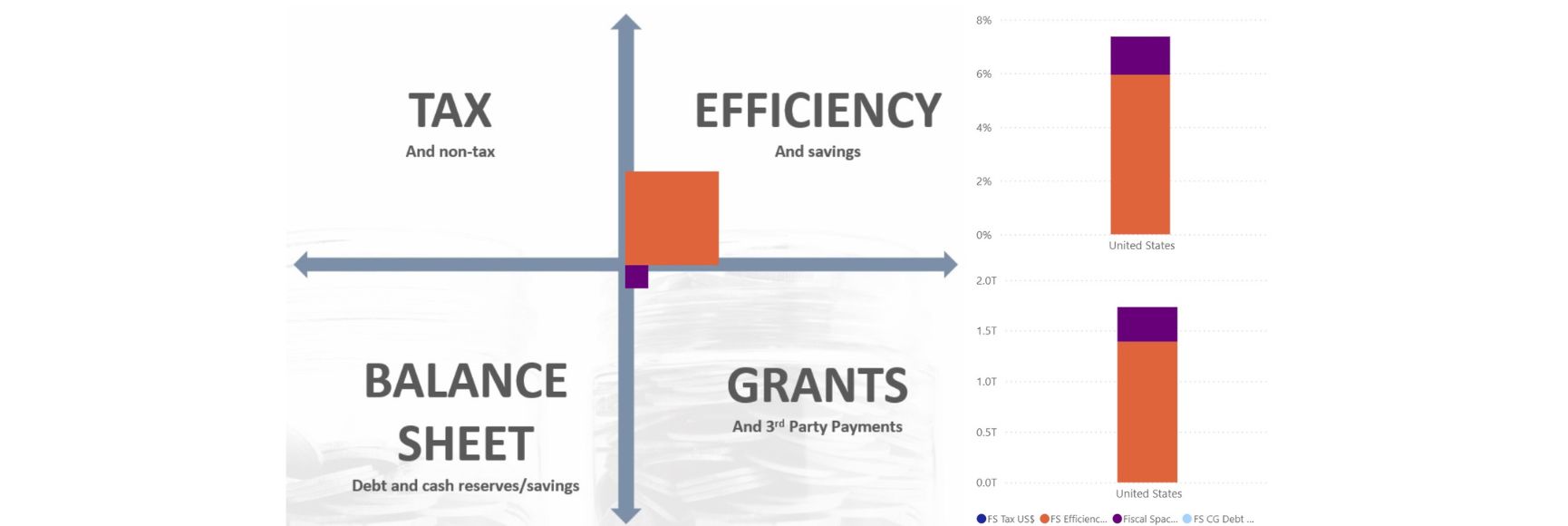In a recent paper presented at a CLAD conference, Manning, Shepherd, Jurgen and Laudares explored the track of public management reforms in the OECD and Latin America countries in the last 20 years (Download OECD-LAC Public Management Reforms - 2008 - final).
Both groups of countries adopted modern management techniques to deliver better, more relevant, and simply more, public services despite tight fiscal constraints. The OECD experience has been held up as a model for Latin America. OECD reforms and the rhetoric surrounding them have had a substantial impact on the discourse and decisions on reform in the countries of the region.
There is no denying the diversity and specificity of national reform experiences in either regions. But comparing reforms across the two groups of countries, the authors found that there is a dominant trajectory of reform into which both groups can fit. OECD countries are typically, but not in every case, further along the trajectory than Latin American countries. Essentially, the experience of the OECD countries defines a trajectory describing successive management techniques in search of ever-greater efficiency.
By and large, recent OECD reforms have been driven by responsiveness and performance concerns, while the Latin American picture is more mixed. Here, due process seems to be the largest common issue. At one end of the spectrum are jurisdictions which seem able to achieve due-process only within small islands, but at the other end are jurisdictions which have begun to make progress in performance-oriented reform. Additionally, in Latin America, equity, that remained ignored for a long time, has begun to be a greater concern.
Thus reform contexts between the two groups of countries are pretty different. This makes the OECD reform experience something that has to be interpreted by Latin American countries with care and selectivity.






